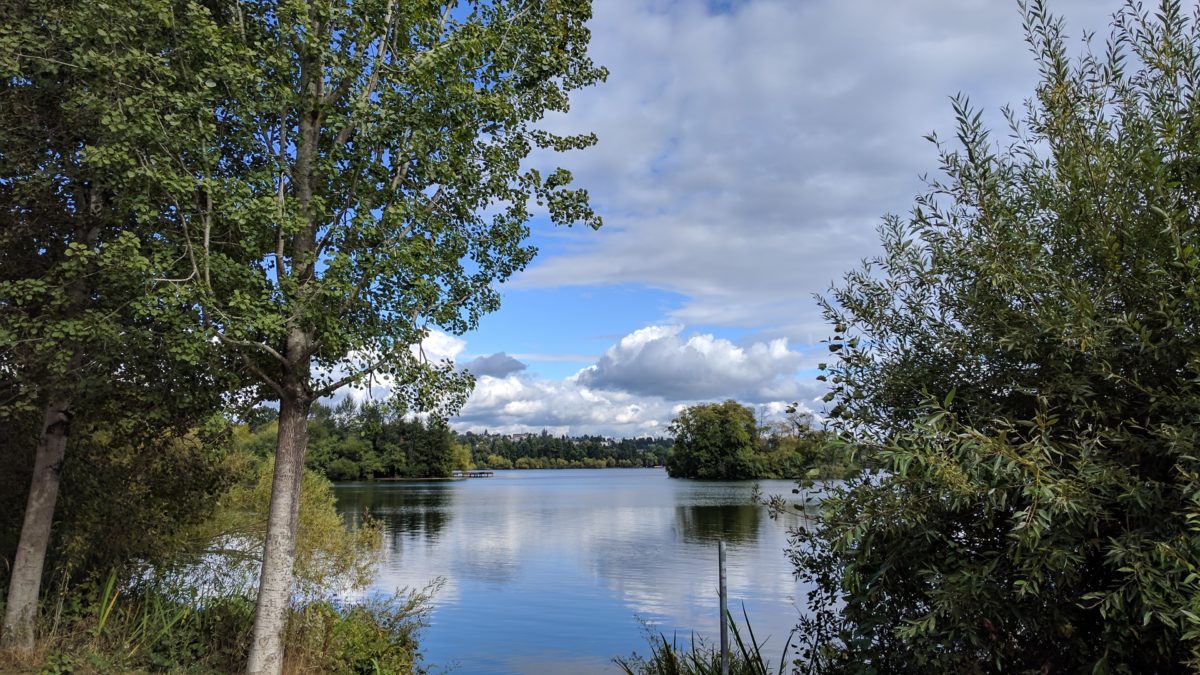
Water is essential to life and human communities, yet our species exercises little wisdom in managing this critical resource. Judith Schwartz describes the many ways in which water flows through our planet and the many ways people all over the world are learning and practicing better water management practices, from slowing the flow of water, to reintroducing beavers, capturing rainwater, dew, and condensation, or enriching soil biology and introducing regenerative grazing to improve water retention.
What I found inspiring is that this book puts climate change in a larger perspective in which fossil fuel emissions are only a piece. Human activity, incomplete understanding of complex biological ecosystems, and lack of management of natural resources have created a serious unbalance in water cycle and soil biology. This means that a better understanding of the role of biology in regulating carbon and water cycles and a broader implementation of practices that “work with nature” to restore natural balance can make a huge different in our future.
The empowering insight of this book is that many of these practices can be implemented locally and don’t rely solely on the action of governments and powerful economic forces.
